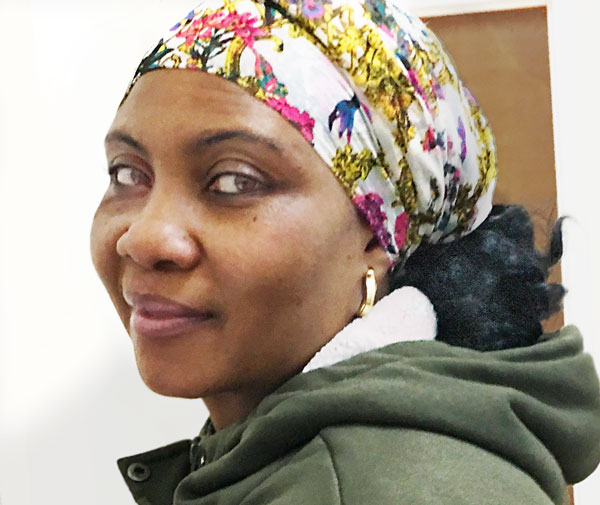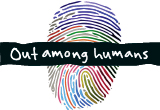 Vowel by vowel and syllable by syllable, Kaffy deconstructed ‘Mom’s’ attempts to be understood
Vowel by vowel and syllable by syllable, Kaffy deconstructed ‘Mom’s’ attempts to be understood
It hadn’t been easy. But finally Kaffy became the sole person through whom Mom could communicate with world.
Dementia was complicated by cancer followed by a stroke. For a year and a half Kaffy lived in with her client, sharing a one-bedroom in an assisted living community.
The woman treated her with such regard that Kaffy took to calling her Mom. A gesture as therapeutic as the meals, baths and extras she provided.
Wherever Mom went— to the store, the beauty parlor and the park where they bounced the ball — Kaffy went.
They were a tag-team in the game room, Mom would buy bingo cards for herself and for Kaffy. They routinely played the ponies, handicapping a field of horses moved by a roll of the dice.
Kaffy won so often some suspected she was practicing the Black Arts, not knowing that the Nigerian’s biggest wager — one with no guarantees — had been immigrating to the U.S. five years earlier.
The two formed a spiritual connection. Kaffy’s open-voweled Yoruban accent harmonized with Mom’s frustrated efforts as they sang hymns and spirituals.
One ritual especially meaningful occurred in the chapel downstairs. The woman in rapid decline took enormous comfort from the sacrament of communion, and from the spiritual preparedness it required. It pleased her each time Kaffy joined her in receiving the sacrament.
It wasn’t until later that Mom realized her caregiver participated strictly as a courtesy to her; and that Fridays — not Sundays — was the day when Kafayat Ikumogunly directed her devotions to Allah.
The religions of the both women hold that there is one true supreme being. And if that is to be believed, then Allah and God must be one and the same.![]()

Stephen Starr
Humans are amazing. A fine tribute Pat.
Harry Wilson
just came home from a month stay in
a rehab institute for ongoing serious
balancing problems and nobody
knows the cause of the affliction.
but the staff i met during my stay
were wondrous. low level workers tending
the afflicted. going beyond their duties.
they were encouraging, cheerful, working
at the seniors pace.
they go uncelebrated. you wont find them
mentioned in the New York Times,
The Chicago Tribune, or others in the
media. not interviewed on talk shows.
i’ve written to The Times and suggested
they dedicate a section called The Good
News with names and several lines about
their good deeds.
a little digging should bring up care
centers and find out what their staffs
do to give care.
Pat Shiplett
Harry, I’m glad to hear that you received the care you needed. I go crazy when generous caregivers are denied the rights to workplace protections and the chance to organize.
Many are immigrants with very little English and are unable to bargain for themselves. Injuries to caregivers are common.